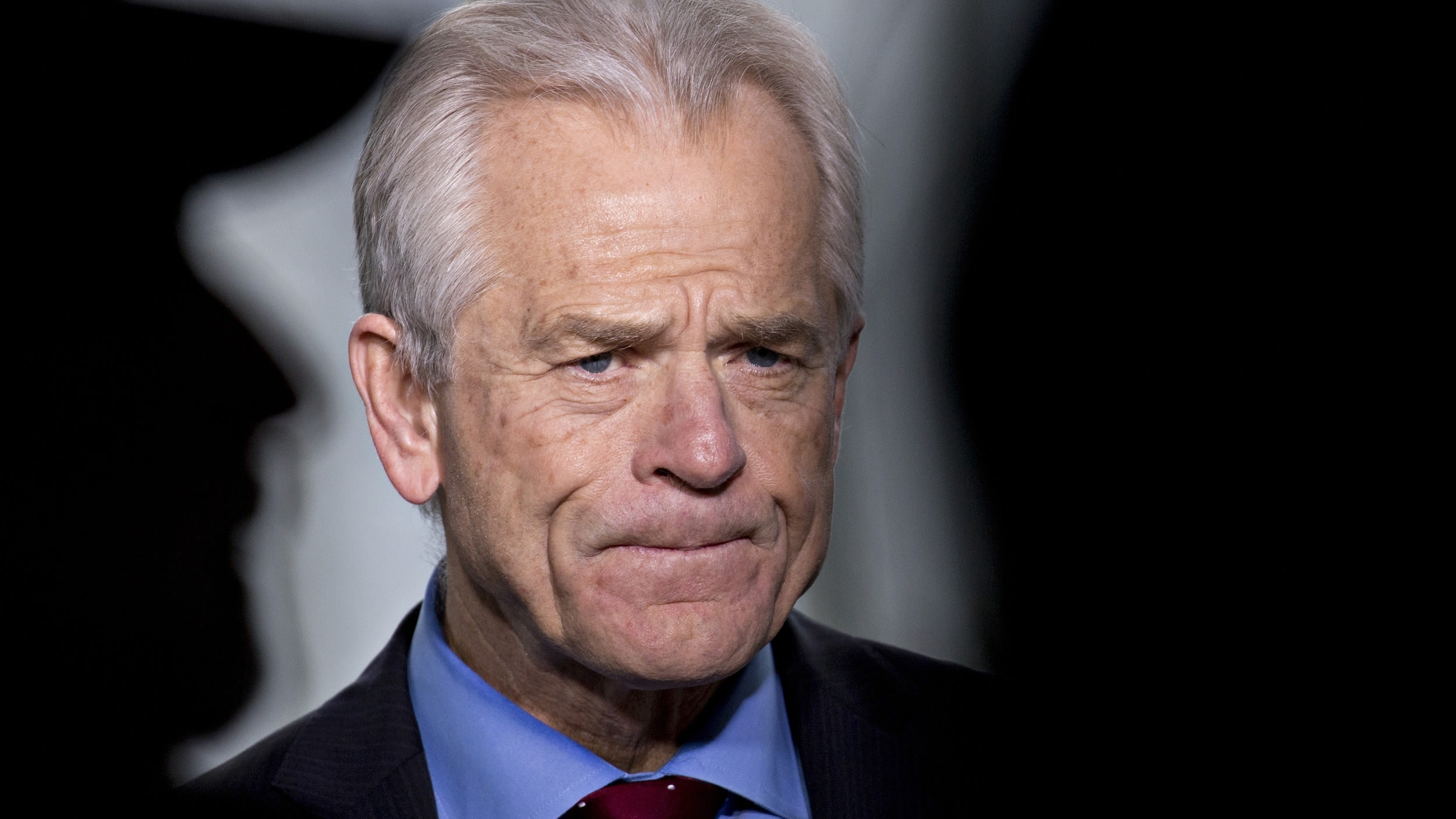
Business
09:27, 17-May-2018
US officials confirm China hawk Navarro's role in trade talks reduced
CGTN

The United States and China launch trade talks on Thursday in a bid to avert
a damaging tariff war, with the White House's harshest China
critic relegated to a supporting role, senior Trump
administration officials said on Wednesday.
Peter Navarro, the White House
trade and manufacturing adviser, will not be a principal player on the US side, two officials said.
Instead, US Treasury Secretary Steven
Mnuchin, Commerce Secretary Wilbur Ross and US Trade
Representative Robert Lighthizer will lead the American delegation in
talks with Chinese Vice Premier Liu He, the top economic adviser
to President Xi Jinping.
Navarro, author of the book "Death by China," has
been the loudest "nationalist" voice on trade policy in the administration
and a major advocate for punitive tariffs on Chinese goods to try to force
Beijing to change its trade practices.
He attended an initial round of
talks two weeks ago in Beijing that amounted to presentations of lengthy
trade demands by each side.
Navarro's shift away from a lead role in the
talks comes amid a growing rift over trade policy with Mnuchin, who has
favored more achievable deals to open China's economy to US firms and ease
tariff threats.
Navarro and Mnuchin had an angry exchange on the
Beijing trip and ties were so strained some participants openly
wondered how they would get along on the same plane on the long US-China
flights, a person familiar with the episode said.
The Washington talks will
start as USTR finishes up public hearings on the first batch of US tariffs
on 50 billion US dollars' worth of Chinese goods proposed as punishment for alleged
violations of US intellectual rights.
The tariffs, which target Chinese
electrical and machinery parts, autos and flat-screen television sets, could
take effect in early June, and may be followed by an additional
round targeting 100 billion US dollars' worth of Chinese goods yet to
be identified.
China has promised to retaliate in equal measure,
targeting US soybeans, aircraft, autos and other goods for
additional tariffs, causing US farm commodity prices to fall.
Source(s): Reuters

SITEMAP
Copyright © 2018 CGTN. Beijing ICP prepared NO.16065310-3
Copyright © 2018 CGTN. Beijing ICP prepared NO.16065310-3